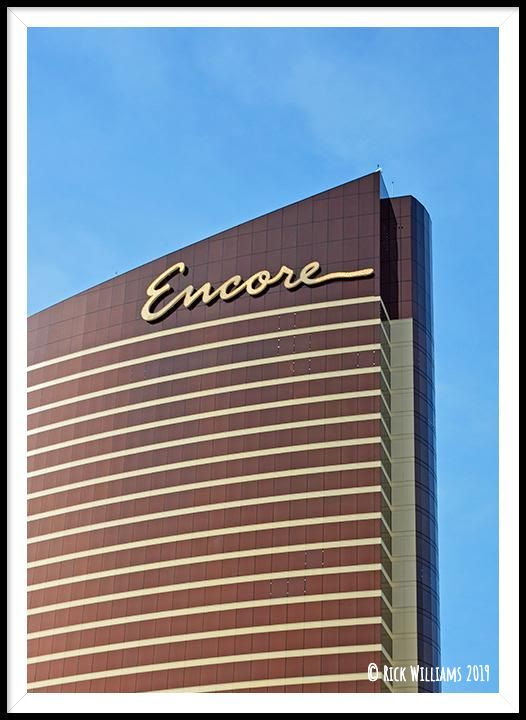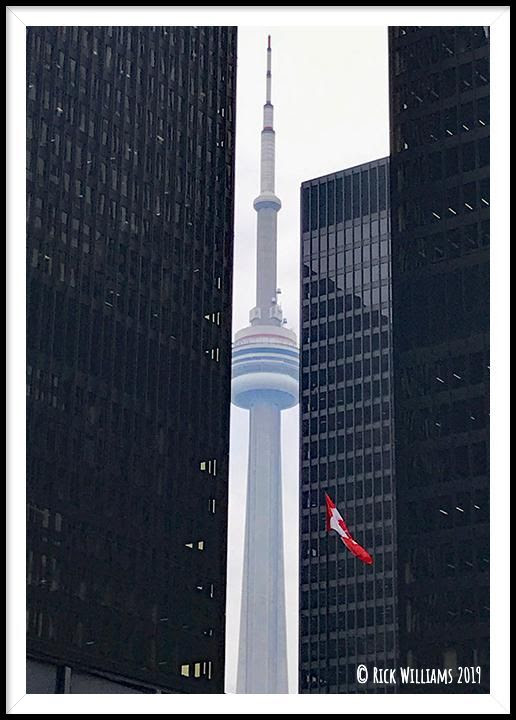When Something Goes Wrong at Your Company

I recently hosted a program for the Directors Roundtable in Boston addressing high profile investigations by the SEC and other regulatory bodies. Rachel Hershfang, Sr. Trial Counsel for the SEC, was a keynote speaker.
Steve Wynn and Wynn Resorts invested $2.6B in a destination casino near downtown Boston. The Massachusetts Gaming Commission approved the project in 2014. In 2018, Steve Wynn was accused of sexual misconduct during the #MeToo movement. While construction was underway, the Gaming Commission re-opened its approval of the Wynn Resort’s license to operate, questioning whether the company and its senior leadership had misrepresented its suitability to operate the casino.
With construction nearing completion in 2019, Wynn Resorts faced the possibility of owning a casino property but not having a license to operate it.
A requirement for holding a casino license is a finding that the license holder has “integrity” and will operate the casino with integrity. In response to the sexual misconduct charges and their impact on the company, Steve Wynn resigned from his positions with the company and sold his shares. The question before the Gaming Commission was whether Wynn Resorts and its CEO, Matthew Maddox, had misrepresented Wynn Resort’s integrity and had sufficiently addressed cultural issues in the company considering Steve Wynn’s reported behavior.
The MA Gaming Commission voted in May 2019 to allow Wynn Resorts to keep the casino license. But they fined the corporation $35M and fined Matthew Maddox $500K personally. The Commission also required Maddox to engage a coach for leadership development, communication, sensitivity to human-resources issues and team building. These penalties were imposed despite the company’s termination of all staff connected to the misconduct and no evidence Maddox knew about it.
In their written decision, the Commission expressed “its concern that he (Maddox) routinely failed to exercise the proper diligence, express the requisite level of concern, and understands the magnitude of the risk and legal implications associated with much of the information of which he was, or should have been, aware.”
This was an evaluation by a public commission and not a judicial finding. The Commission drew its conclusions and set behavior expectations on the CEO in a public and highly political context.
The Directors Roundtable speakers were not directly involved in the Wynn case. My takeaway from their comments about the case is that Wynn Resort’s corporate leadership did not respond to the charges against Steve Wynn and the power of the #MeToo Movement in the public arena with the seriousness required. If they had, the penalties might have been less severe and less personally directed at the CEO.
Purdue Pharma, makers of OxyContin, is being sued by state Attorneys General as a response to the opioid crises. The state of Oklahoma is suing Johnson & Johnson for a “deceitful, multibillion-dollar brainwashing campaign” to sell opioids even though J&J’s labeling is approved by the FDA. Bayer AG has lost cases claiming its herbicide Roundup causes cancer even though the US EPA says it is safe to use. What are the lessons learned from these cases for company leaders whose challenge every day is revenues and EBDTA?
When something seriously goes wrong at your company and outside advocacy groups and the press become involved, you are playing a different game. Your concept of what is true and fair will be challenged. Get clear about who is your audience and customer. Engaging outside advisors and investigators may be required even though you will lose some control. Work through outside counsel to preserve confidentiality. You are responsible for the welfare of the company going forward. For the outside world and for your staff, you are the company.
Toronto’s National Tower
I moderated a Directors Roundtable program in Toronto, Canada. Standing on the sidewalk before going into the Bank of Montreal where the program was held, I captured this foggy day image of the National Tower.
